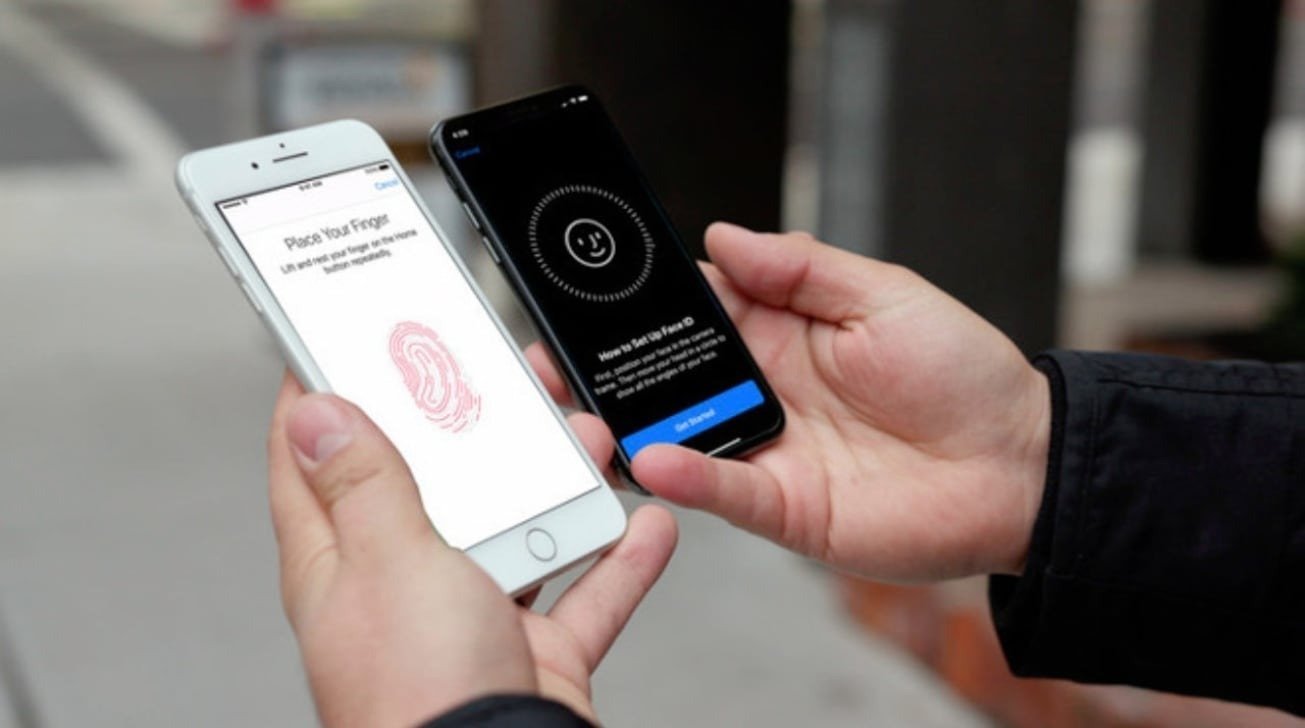Apple has won a court victory in a battle against patent troll Identity Security LLC, with a jury deciding that Secure Enclave, used originally to enable Touch ID, did not violate four patents.
The Secure Enclave is described by Apple as a coprocessor built into the company’s system-on-chip (SoC) designs. The component requires its own boot sequence and software update mechanism, and is responsible for “all cryptographic operations for Data Protection key management and maintains the integrity of Data Protection even if the kernel has been compromised,” according to the company.
Identity Security LLC sued Apple in 2021 — eight years after the debut of the Secure Enclave. In the suit, the company claimed Apple’s Secure Enclave tech violated US Patents 7,493,497, 8,020,008, 8,489,895, and 9,507,948. All four deal with methods of improving user security by creating a digital identity that resides on a unique microprocessor device.
The patents list Aureliano Tan, Jr. as the original inventor, and were initially assigned to Integrated Information Solutions in patent applications dating back to 2000. Identity Security LLC did not make note of any real-world applications of the patents in their filings, which may suggest that the original technology was never licensed to Apple or any other company.
The lawsuit lists numerous possible use cases for the Secure Enclave, including secure storage and communication of a user’s name, digital picture, address, date of birth, Social Security number, driver’s license number, digital photograph, biometric information, credit card information, bank account information, along with businesses and database administrator uses.
Identity Security had asked for some $360 million in damages, as well as an ongoing royalty, Bloomberg Law said on October 4. It’s not yet known if Identity Security will appeal the ruling.
The Secure Enclave first appeared in the iPhone 5s, which was the first iPhone to include Touch ID. The technology has since been updated to include Face ID.





